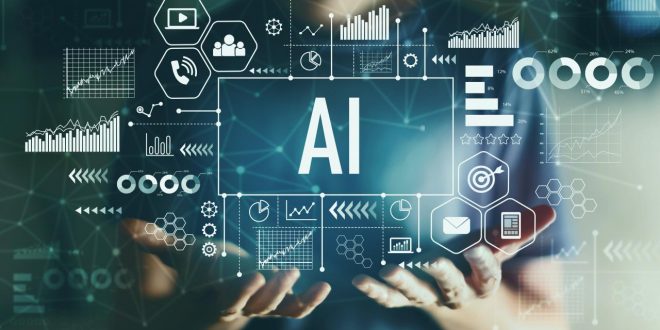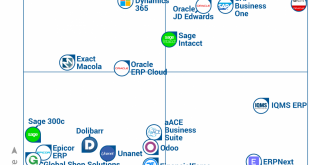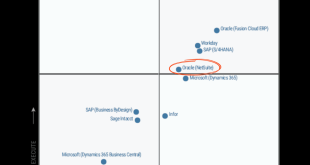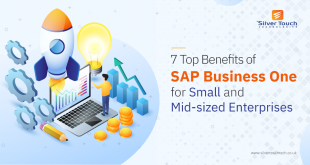Ai powered erp – In the ever-evolving landscape of business technology, AI-powered ERP emerges as a game-changer, promising to transform the way organizations operate. By seamlessly integrating artificial intelligence into their ERP systems, businesses can unlock unprecedented levels of efficiency, data-driven decision-making, and competitive advantage.
AI-powered ERP systems harness the power of machine learning, natural language processing, and predictive analytics to automate routine tasks, provide real-time insights, and enhance decision-making processes. These systems offer a myriad of benefits, including reduced operating costs, improved customer satisfaction, and increased agility in responding to market demands.
Overview of AI-Powered ERP
Artificial intelligence (AI) is rapidly transforming the business landscape, and enterprise resource planning (ERP) systems are no exception. AI-powered ERP refers to the integration of AI technologies into ERP systems, enabling them to automate tasks, improve decision-making, and gain valuable insights from data.
AI-powered ERP systems can perform a wide range of tasks that were previously manual or time-consuming. For example, AI can be used to:
- Automate data entry and processing
- Generate reports and insights
- Predict demand and optimize inventory levels
- Identify and resolve customer issues
- Detect and prevent fraud
By automating these tasks, AI-powered ERP systems can free up employees to focus on more strategic initiatives. Additionally, AI can help ERP systems to make better decisions by providing real-time insights into data. This can help businesses to improve their operations, increase their profitability, and gain a competitive advantage.
Benefits of AI-Powered ERP: Ai Powered Erp
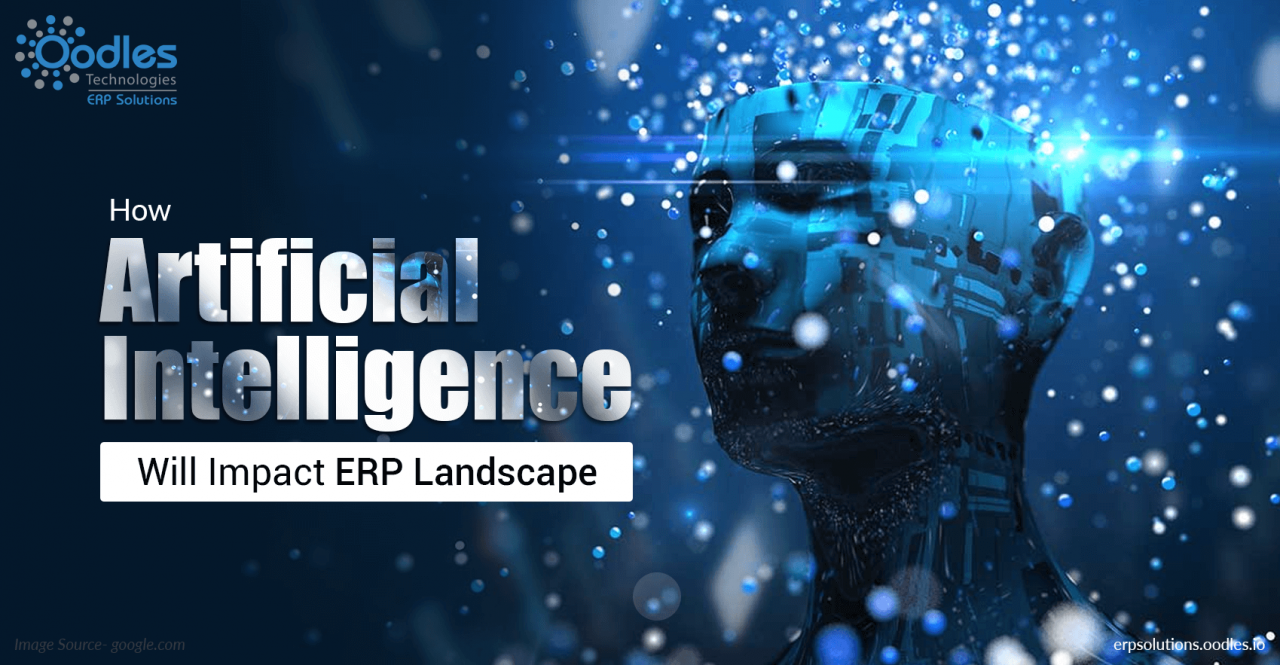
Artificial Intelligence (AI) is revolutionizing the way businesses operate. By integrating AI into Enterprise Resource Planning (ERP) systems, organizations can gain significant advantages that enhance efficiency, accuracy, and decision-making.
AI-powered ERP systems offer a wide range of benefits, including:
Improved Data Analysis and Forecasting
- AI algorithms can analyze vast amounts of data from multiple sources, identifying patterns and trends that would be difficult or impossible for humans to detect.
- This enhanced data analysis capability enables businesses to make more accurate predictions about future demand, optimize inventory levels, and improve supply chain management.
Automated Processes and Reduced Errors
- AI can automate repetitive and time-consuming tasks, such as data entry, invoice processing, and customer service.
- By automating these processes, businesses can reduce errors, improve efficiency, and free up employees to focus on more strategic initiatives.
Personalized Customer Experiences
- AI-powered ERP systems can track customer interactions, preferences, and purchase history.
- This data can be used to create personalized customer experiences, such as targeted marketing campaigns, tailored product recommendations, and proactive customer support.
Case Studies
Numerous businesses have experienced significant benefits from implementing AI-powered ERP systems.
- Amazon:Amazon’s AI-powered ERP system, known as “Athena,” enables the company to analyze vast amounts of data from its customers, suppliers, and logistics operations.
- Walmart:Walmart uses AI to optimize its supply chain, reduce inventory waste, and improve customer service through its AI-powered ERP system, “Project Jupiter.”
Key Features of AI-Powered ERP
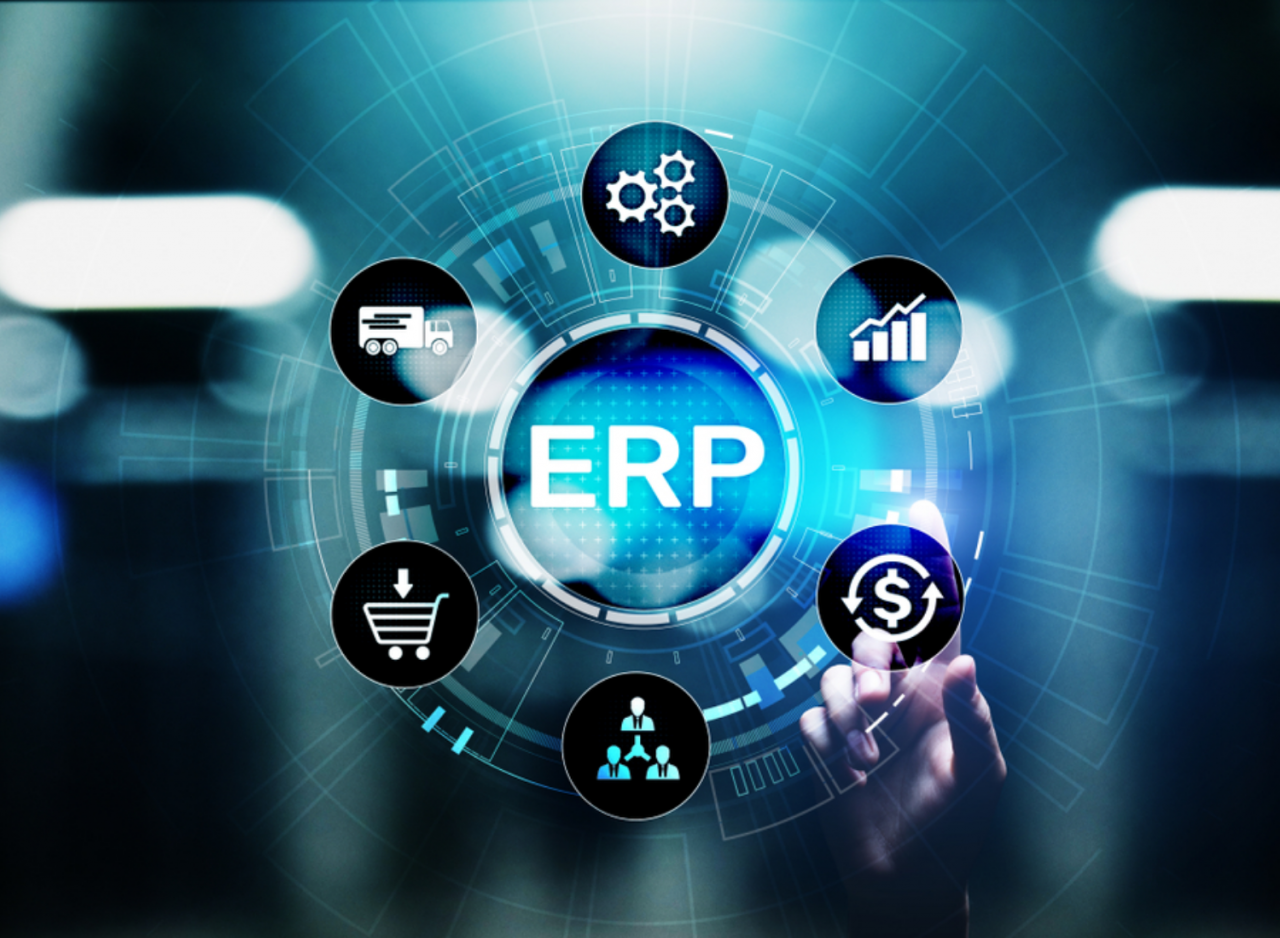
AI-powered ERP systems incorporate advanced AI capabilities that enhance the functionalities of traditional ERP systems. These features enable businesses to automate tasks, improve decision-making, and gain insights from data.Key features of AI-powered ERP systems include:
- Natural Language Processing (NLP):Allows users to interact with the ERP system using natural language, making it more accessible and user-friendly.
- Machine Learning (ML):Enables the ERP system to learn from data and make predictions, automating tasks and improving decision-making.
- Predictive Analytics:Uses ML to analyze data and identify patterns, enabling businesses to forecast future trends and make informed decisions.
- Cognitive Computing:Allows the ERP system to simulate human thought processes, enabling it to understand complex data and make recommendations.
- Robotics Process Automation (RPA):Automates repetitive and time-consuming tasks, freeing up employees to focus on more strategic initiatives.
These features enhance the capabilities of traditional ERP systems by providing businesses with the ability to:
- Automate routine tasks, reducing operational costs and improving efficiency.
- Make better decisions by leveraging data-driven insights and predictive analytics.
- Improve customer service by providing personalized experiences and automating support processes.
- Gain a competitive advantage by leveraging AI to innovate and differentiate their operations.
Implementation Considerations
Implementing AI-powered ERP systems requires careful planning and execution. Here are some guidelines to consider:*
-*Assess your needs
Determine the specific business processes and areas where AI can provide the most value.
-
-*Choose the right vendor
Evaluate ERP vendors that offer AI capabilities and ensure they align with your business objectives.
-*Prepare your data
AI algorithms require high-quality data for training and operation. Clean and organize your data before implementation.
-*Engage stakeholders
Involve key stakeholders throughout the implementation process to ensure buy-in and adoption.
-*Train your team
Provide comprehensive training to employees on how to use the AI-powered ERP system effectively.
Challenges and Opportunities
AI implementation presents both challenges and opportunities for businesses:Challenges:*
-*Data quality
Ensuring the accuracy and completeness of data used for AI training and operation.
-
-*Interpretability
Understanding the decision-making process of AI algorithms and their impact on business outcomes.
-*Bias
Mitigating potential biases in AI algorithms that could lead to unfair or discriminatory results.
Opportunities:*
-*Improved decision-making
AI can provide data-driven insights and recommendations to support better decision-making.
-
-*Process automation
AI can automate repetitive and time-consuming tasks, freeing up employees for more strategic initiatives.
-*Increased efficiency
AI can streamline processes and reduce errors, leading to increased efficiency and productivity.
Future Trends
As AI technology continues to advance, we can expect to see even more innovative and groundbreaking applications of AI in ERP systems. Some of the emerging trends in the development and use of AI-powered ERP include:
- Increased use of machine learning and deep learning:Machine learning and deep learning algorithms are becoming increasingly sophisticated, and they are being used to power a wide range of AI applications in ERP systems. These algorithms can be used to automate tasks, improve decision-making, and identify trends and patterns that would be difficult or impossible for humans to detect.
- Integration with other AI technologies:AI-powered ERP systems are increasingly being integrated with other AI technologies, such as natural language processing (NLP) and computer vision. This integration is enabling ERP systems to understand and respond to human language, and to process and analyze visual data.
- Development of new AI-powered ERP applications:As AI technology continues to mature, we can expect to see the development of new AI-powered ERP applications that will help businesses to improve their operations and make better decisions.
Potential Future Applications, Ai powered erp
Some of the potential future applications of AI in ERP systems include:
- Automated customer service:AI-powered ERP systems can be used to automate customer service tasks, such as answering questions, resolving complaints, and processing orders.
- Predictive analytics:AI-powered ERP systems can be used to perform predictive analytics, which can help businesses to identify trends and patterns that can be used to make better decisions.
- Fraud detection:AI-powered ERP systems can be used to detect fraud by identifying unusual patterns of activity.
- Risk management:AI-powered ERP systems can be used to identify and mitigate risks by analyzing data and identifying potential threats.
Closing Notes
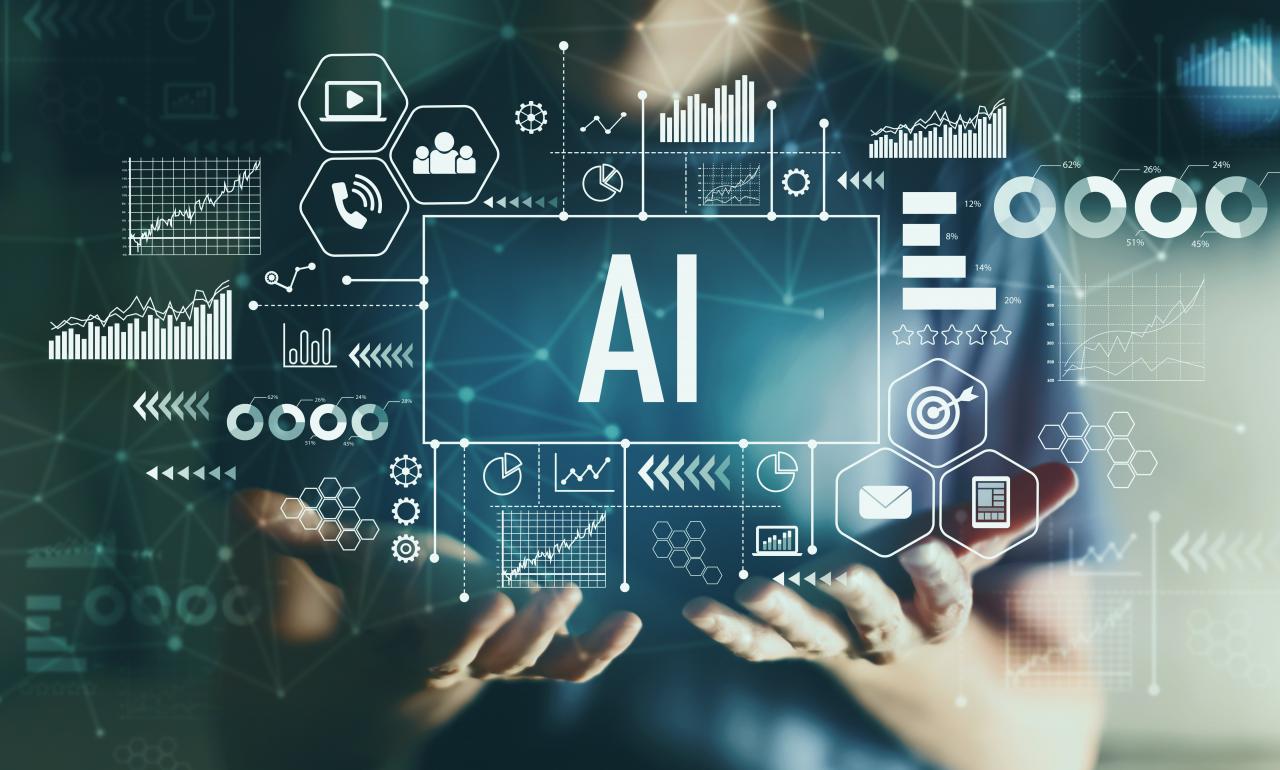
As businesses continue to embrace AI-powered ERP, the future holds endless possibilities for innovation and growth. By leveraging the power of AI, organizations can gain a competitive edge, optimize their operations, and unlock new levels of success in the digital age.
 Bussines News Daily
Bussines News Daily
